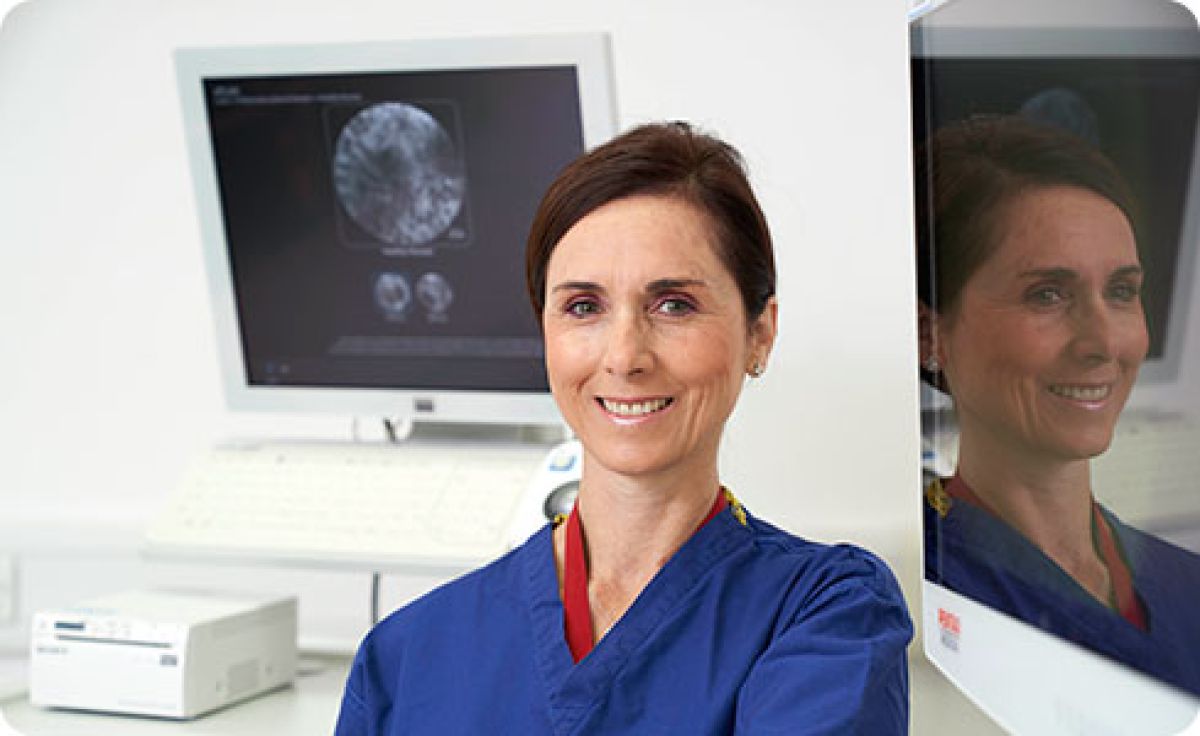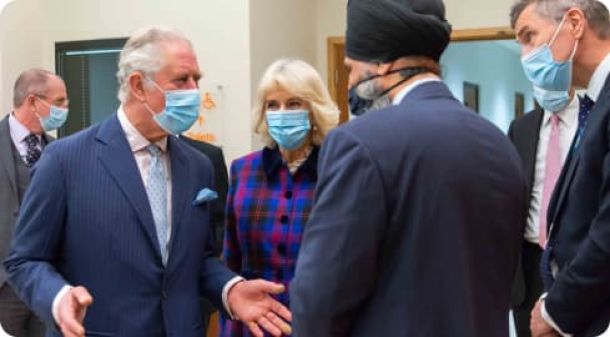
Birmingham endoscopy trials helping to improve patient outcomes

Two trials, led by the NIHR Birmingham Biomedical Research Centre’s Gastroenterology team, are leading to changes in the diagnosis and treatment for patients with inflammatory bowel conditions.
The OPTIMA trial uses confocal laser endomicroscopy to detect a number of labelled antibodies in patients, which acts as a reliable indicator for how well patients will respond to treatment, particularly in the early stages. The results from OPTIMA are also leading to better genotypic (genetic information) and phenotypic (physical characteristics) information.
Confocal laser endomicroscopy helps to increase the image quality of microscopes, which leads to a better understanding of cells and tissues in the body.
OPTIMA have currently recruited 30 patients with a range of inflammatory conditions. The results of OPTIMA could lead to stratified treatments, where a patient’s treatment plan is more closely tailored to them, rather than the conventional standard treatments, which may not work for all patients. The endocytoscope, a very high magnification endoscope, is also being used in parallel to the OPTIMA study to accurately detect the healing of the lining of the intestine upon treatment.
PICASSO is an ongoing trial that has so far recruited more than 300 patients across several centres. The trial is likely to lead to a new endoscopic scoring system, which will lead to a more effective assessment for how well patients with ulcerative colitis are recovering from their disease after treatment.

The team, based in the Institute of Translational Medicine on the Queen Elizabeth Hospital Birmingham (QEHB) site, are led by Dr Marietta Iacucci, Honorary Consultant Gastroenterologist at University Hospitals Birmingham and a Reader in Gastroenterology at University of Birmingham – both founding members of Birmingham Health Partners.
“Both OPTIMA and PICASSO are assessing how new technology could be used to provide improved outcomes for patients,” said Dr Iacucci.
“In fields like inflammatory bowel disease and cancer, treatment is going to become increasingly specific and tailored to individuals, which should lead to both reduced complication and better outcomes.
“The use of instruments like the endocytoscope and the confocal laser endomicroscope means we can clearly see at the histological level whether treatments are actually working, with the clearer, sharper, magnified images providing more information for healthcare professionals than ever before.”
Dr Iacucci and her team were also recognised for their innovative work at the recent Birmingham Health Partners Research Showcase, with their exhibit awarded the Best Stand prize.







